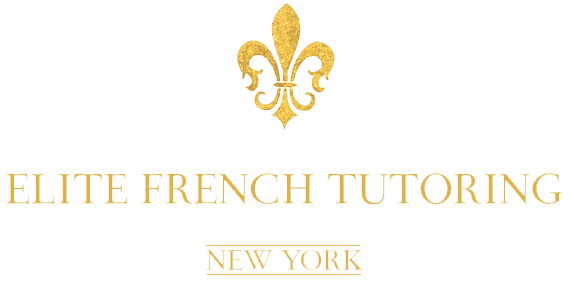Introduction
When Maria, a dedicated NGO volunteer, prepared for her field assignment in West Africa, she realized that language could become a major barrier to helping local communities. Her work involved direct communication with families, local leaders, and aid partners, most of whom spoke French. She began searching for online French lessons for beginners that could quickly build her confidence and clarity in real-life situations.
This case study shows Maria’s inspiring journey from basic phrases to meaningful communication in just a few months. Through consistent effort and proper guidance, she developed the ability to converse naturally, understand local dialects, and connect with people on a deeper level.
Readers will learn how personalized planning, consistent practice, and expert mentoring helped her achieve this transformation.
Background: A Complete Beginner with a Big Goal
Before joining the program, Maria knew only a handful of French greetings and simple expressions. She relied heavily on translation apps, which often failed during live interactions with native speakers. Her primary motivation was clear: to bridge communication gaps and ensure that her humanitarian work was effective and culturally respectful.
She shared, “I could understand what people needed, but I couldn’t respond the way I wanted. It felt frustrating and limiting.”
Typical self-study materials lacked the structure and feedback she needed. Learning independently was overwhelming, and she struggled to pronounce words correctly. She needed the right guidance that could focus on practical communication, not just grammar rules.
Setting the Goal and Strategy
Maria’s goals were threefold:
- Achieve conversational fluency within six months.
- Gain confidence in community-based discussions and project meetings.
- Master correct pronunciation and listening comprehension.
After an initial assessment, Elite French Tutoring designed a structured French study plan that matched her learning pace and real-life situations.
The program included:
- Customized lesson modules: Focused on vocabulary and expressions relevant to her humanitarian field.
- Weekly progress sessions: To track improvement and adjust lesson content as needed.
- Interactive speaking practice: Simulated field conversations to build fluency and quick thinking.
- Cultural insights: Guidance on gestures, tone, and expressions used in Francophone Africa.
This approach helped transform abstract classroom learning into practical communication skills.
Implementation / Learning Journey
Maria’s learning journey was a combination of discipline, feedback, and immersion. Her tutor recommended daily 30-minute sessions that included listening exercises, grammar review, and pronunciation drills. To address her main challenge, speaking clearly her tutor introduced focused sessions on French pronunciation improvement.
| Focus Area | Practice Method | Frequency | Outcome |
| Pronunciation | Audio repetition, mouth positioning guidance | 3 times a week | Clearer speech and better accent |
| Vocabulary | Thematic word lists (healthcare, food, community work) | Daily | Strong contextual understanding |
| Conversation | Role-play with tutor | Weekly | Increased fluency and confidence |
| Listening | French podcasts and NGO interviews | Daily | Better comprehension of native speakers |
Throughout the process, Maria’s French language tutor emphasized learning through context. Instead of memorizing lists, she practiced words through storytelling and daily-life simulations.
There were moments of difficulty, too. Pronouncing nasal sounds or following rapid speech felt intimidating at first. However, consistent feedback and practical correction helped her gradually improve. Small victories like understanding a local radio report motivated her to keep going.
Results & Outcomes
After five months of dedicated learning, Maria reached her primary goal: confidently communicating with the communities she served.
Before and After Comparison:
| Skill Area | Before Lessons | After Lessons |
| Speaking | Basic greetings only | Comfortable conversational fluency |
| Listening | Needed slow, repeated speech | Understood natural-speed dialogue |
| Vocabulary | Limited to common words | Specialized NGO and community vocabulary |
| Pronunciation | Strong accent, unclear tone | Clear pronunciation and natural rhythm |
Lessons Learned
Maria’s story illustrates that language learning is not just about grammar or vocabulary; it’s about purpose. Her success was shaped by three essential factors:
- Consistency: Small, regular practice sessions were more effective than long, infrequent ones.
- Feedback: Her French language tutor provided continuous correction and encouragement, helping her stay confident.
- Real-life application: Role-playing field scenarios made her lessons practical and directly useful.
For learners aiming to improve communication in professional or humanitarian settings, structured and contextual learning can make all the difference.
Next Steps
Maria’s progress highlights the effectiveness of personalized and purpose-driven learning. Whether your goal is to connect with colleagues abroad or volunteer in Francophone regions, a structured French study plan can make communication not just possible, but meaningful.
Learning a new language takes patience, practice, and the right guidance. The key is to begin where you are and gradually progress toward the conversations that are most important.
Conclusion
Maria’s journey shows how determination, guidance, and a supportive learning structure can lead to real-world transformation. From hesitating over simple greetings to leading community conversations, she gained both linguistic skill and cultural understanding.
Her story is a reminder that language learning thrives on relevance. When lessons are shaped around personal goals and real-life needs, results follow naturally.





